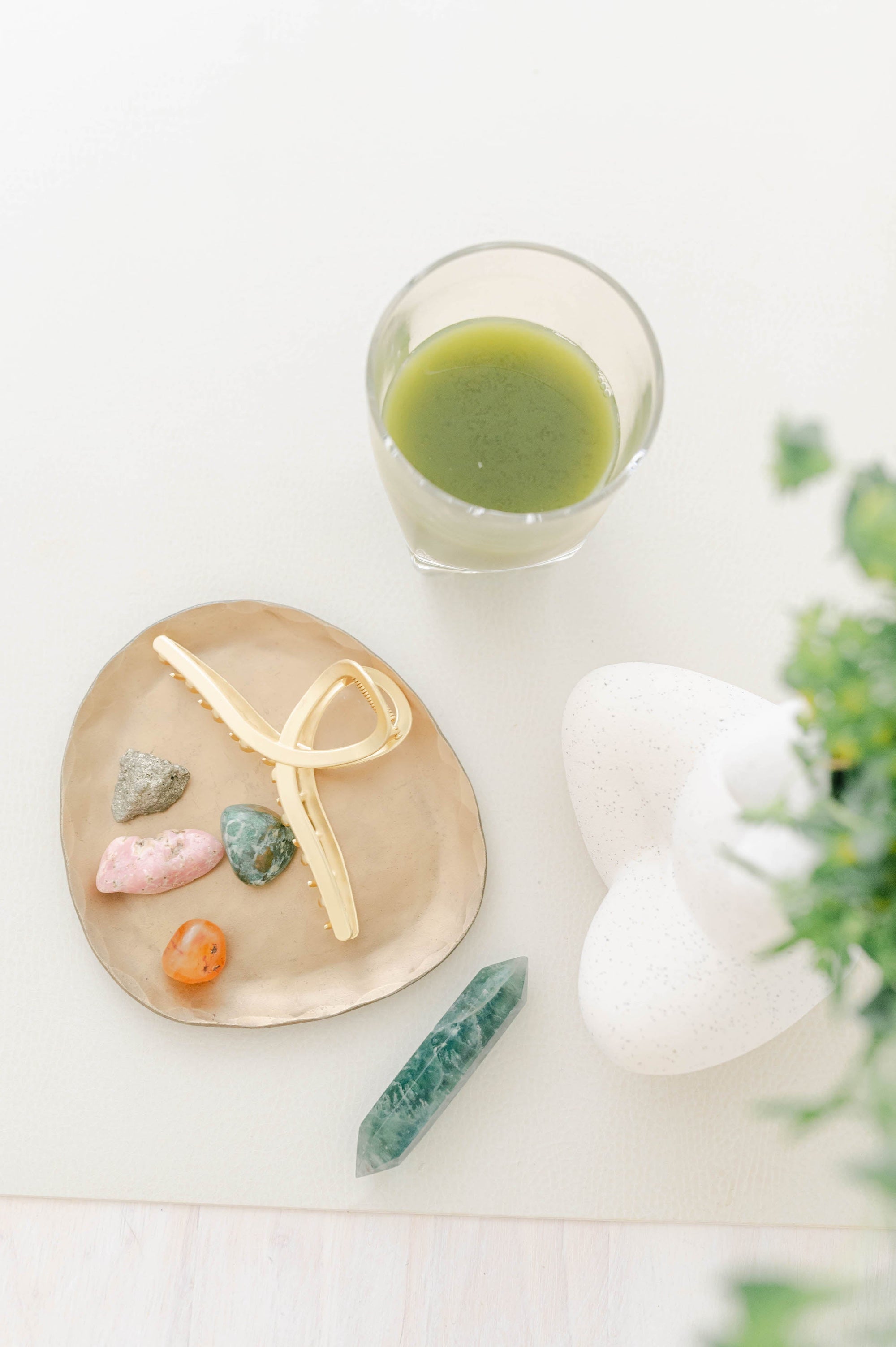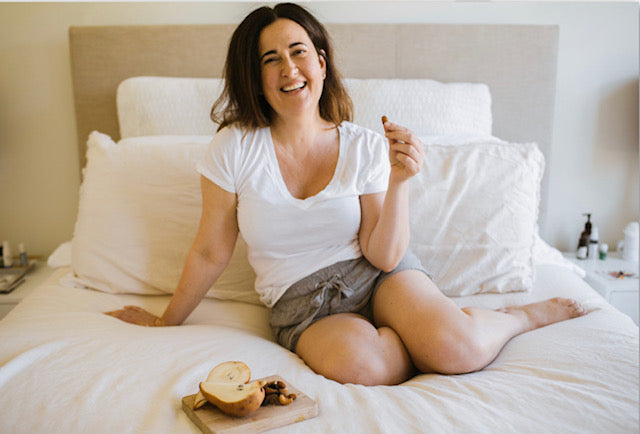*today's blog post is from the Botnia blog. The information is too good not to share. I hope you find it helpful.
The days are getting longer and the sun is much stronger as summer approaches, so we’ve got SPF on our minds! This year, I’m sure you’re all dying to get outside to enjoy some fresh air and sunshine. We want to make sure that you’ve got the knowledge to protect the beautiful skin you’ve worked so hard to achieve from those harmful ultraviolet sun rays!
What is sun-damaged skin?
Our skin is the largest organ on our body, but we don’t always think about it that way. Its main function is to help protect the rest of your body from harmful pollutants and environmental dangers as well as regulate itself to keep you functioning normally. When we expose ourselves to the sun, our skin takes in the beneficial effects of vitamin D, which helps us absorb calcium and also plays a role in bone growth, bone healing, and keeps our immune system functioning properly. Cells called keratinocytes help protect you from viral, fungal, and microbial invasion and also helps protect your skin from UV radiation – in other words, they help give you that nice glowing tan that most people want to achieve!
When we get too much sun, it results in a sunburn. Ouch! The red, inflamed feeling you get is your skin’s way of saying you’ve had TOO MUCH SUN! Scientifically speaking, a sunburn is your skin’s protective immune response from UV radiation, causing RNA damage to skin cells. In turn, these cells start the process that results in an inflammatory response intended to remove sun-damaged cells.
You already know that sun damage to the skin can increase the risk of skin cancer, and aging of the skin including wrinkles, sagging, and dark spots. So let’s get into the science behind SPF and how it protects you from further skin damage.
The down-low on SPF//
SPF (sun protection factor) is a measure of how much solar energy is required to produce sunburn on protected skin. The SPF number tells you how much UVB light that the sunscreen can filter out in a specific timeframe:
- SPF 15: Block 93% of the sun’s UVB rays
- SPF 30: Block 97% of the sun’s UVB rays
- SPF 50: Block 98% of the sun’s UVB rays
- SPF 100: Block 99% of the sun’s UVB rays
The higher the SPF, the more you are protecting your skin from the sun. No sunscreen can filter out 100% of UVB rays.
When choosing a sunscreen, there are two different types to look for: Chemical and Mineral.
Chemical sunscreens: Protects the skin by ABSORBING the sun’s rays.
What to look for: Contains one or more active ingredients like oxybenzone or avobenzone.
Mineral sunscreens: Protects the skin by DEFLECTING the sun’s rays.
What to look for: Titanium dioxide or zinc oxide.
As skin-loving humans, we recommend using mineral sunscreens (also called physical blockers) that contain active mineral ingredients. These work by sitting on top of the skin to deflect and scatter damaging UV rays away from the skin. Chemical sunscreens create a chemical reaction on your skin and work by changing UV rays into heat, then releasing that heat from the skin. This chemical reaction can cause your skin to overheat, creating brown spots, irritation, or redness in those prone to rosacea. We don’t love chemical-based sunscreen for so many reasons. It should be a last resort, and if you’re sitting inside or in an office all day, you definitely don’t need that as protection.
How to protect your skin//
Ultimately, if you’re heading outside for more than 15 minutes, use mineral sunscreen. Better yet, add long sleeves, a nice big wide brim hat, and your favorite sunnies for extra protection! If you’re out in the sun all day, don’t forget to reapply your sunscreen often – every 2 hours – especially if you’re sweating or in the water!
If you’ve got a little too much sun (it’s okay, it happens to the best of us!), try using the Botnia Wisdom to help soothe your irritated skin. Raspberry seed oil in this serum is packed with fatty acids and vitamins that help combat sun damage and photoaging, fight age spots, wrinkles, and premature aging, and even is a natural sunscreen to block UV rays. You can wear Wisdom Oil underneath your sunscreen for added moisture to your sun protection. We also include sea buckthorn oil which has antioxidants that help stimulate skin regeneration and helps your skin heal from the sunburn you’ve just gotten. Another product we recommend if you’re feeling a little too sun-kissed is our Soothing Repair Mask, which contains arnica and goldenseal extracts to heal and soothe your skin. Sleep with it overnight for the ultimate in deep hydration!
Shop the Botnia Soothing Mask (or, my other favorite mask by LilFox),CV Skin Body Lotion, Dr Loretta SPF, Botnia Wisdom Oil for 25% OFF TODAY ONLY until 4pm.
Local In-store pick up will be available on Tuesday July 26th, 11-4pm. Or, again on August 9th. FYI: I will be on vacation from 7/27-8/8-- orders will be delayed during this time.
XO, Jennie



